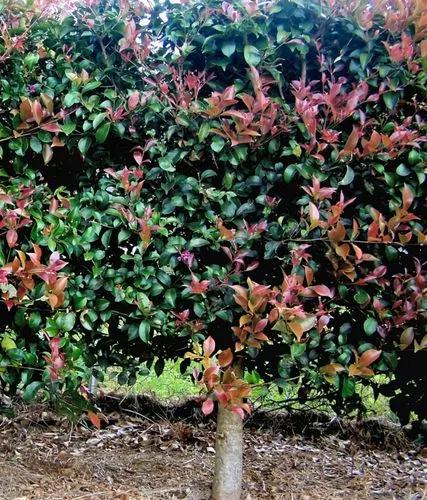Quercus pubescens, the downy oak or pubescent oak, is a species of white oak native to southern Europe and southwest Asia, from northern Spain east to the Crimea and the Caucasus. It is also found in France and parts of central Europe.
Downy oak Care
Quercus pubescens



Quercus pubescens is a medium-sized deciduous tree growing up to 20 m. Forest-grown trees grow tall, while open-growing trees develop a very broad and irregular crown. They are long-lived, to several hundred years, and eventually grow into very stout trees with trunks up to 2 m in diameter. Open-grown trees frequently develop several trunks. The bark is very rough, light grey and divided into small flakes. Large trees develop very thick whitish bark cracked into deep furrows, similar to the pedunculate oak but lighter in colour. Downy oaks typically grow in dry, lime-rich soils. It is a submediterranean species, growing from the coastline to deep in the continent. Its optimum is in the submediterranean region, characterized by hot dry summers and cool winters with little rain fall. In western and central Europe, downy oak is confined to areas with submediteranean microclimate (gorges, sandplains, steppe slopes) or to coastlines of former lakes.
How to Care for the Plant

Water

Young trees may need irrigation once or twice monthly to become well established in dry years, but mature live oaks grow best in well-drained, moist soil. Too much moisture, whether from too much rain or well-intentioned irrigation, contributes to oak root rot.

Fertilizer

Oaks don't technically require supplemental feeding as they're hardy and can adapt to a wide array of soils. If you choose to give your oaks a supplemental feeding, however, use enough fertilizer to supply approximately 2 pounds of nitrogen per 1,000 square feet. Apply your fertilizer in the early spring before this initial spring growth spurt starts. The best fertilizers are those with a nutrient ratio of 12-6-6 or 12-4-8.

Sunlight

The tree prefers full sun but young plants tolerate reasonable levels of side shade.

Soil

It will grow in most deep, fertile soils. Prefers acid conditions but easily tolerates lime.

Temperature

The tree can be grown in the areas with the lowest winter temperatures of −28.9°C (−20°F).

Popularity

528 people already have this plant 157 people have added this plant to their wishlists
Discover more plants with the list below
Popular articles






